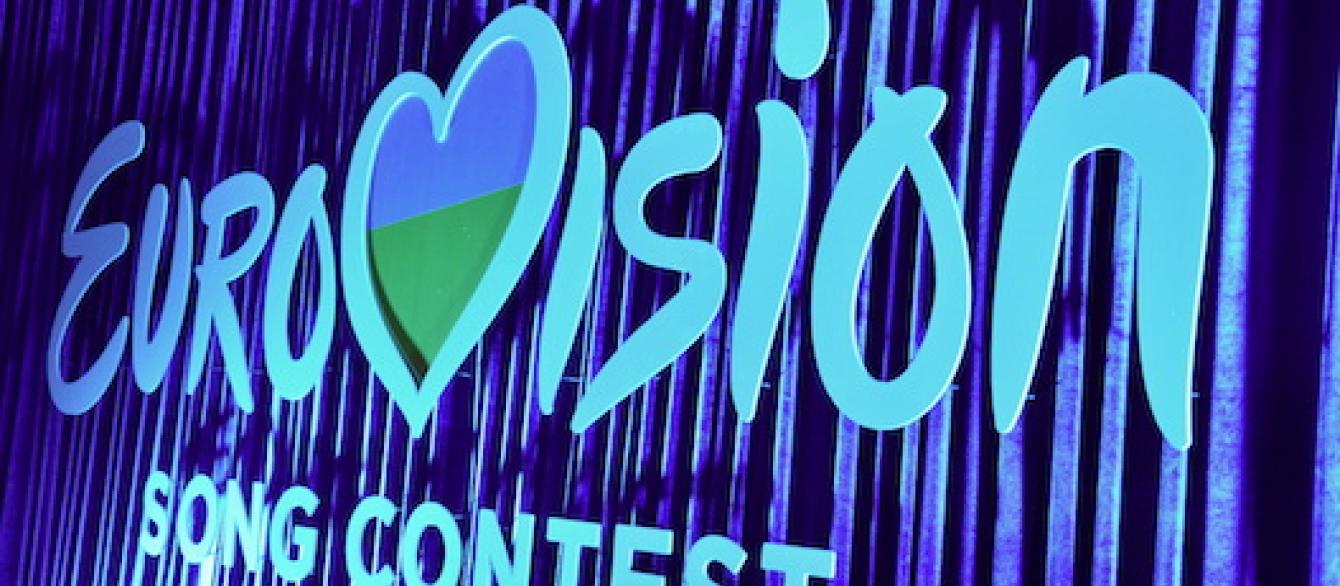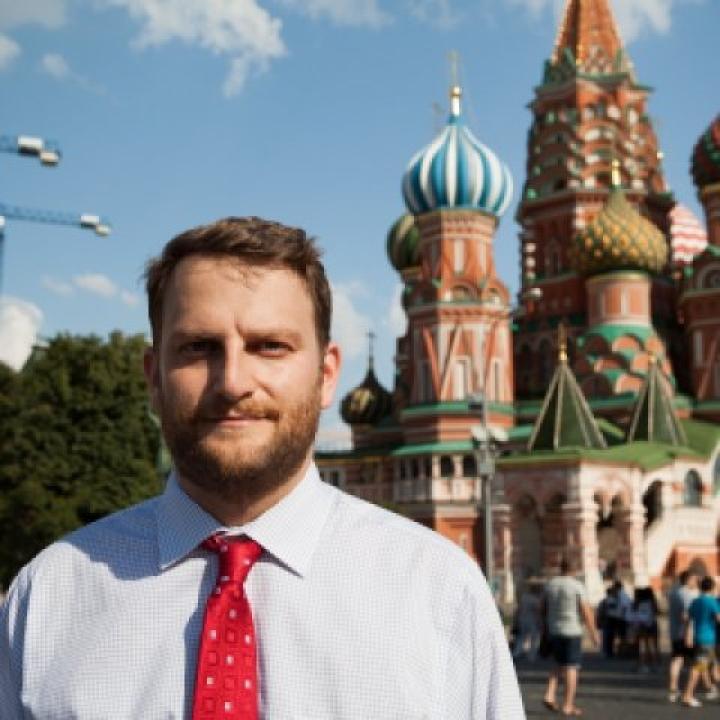The Eurovision Song Contest was created in 1956 as an opportunity to bring the nations and the people together in an expressly non-political fashion—through song. Now, 60 years later, Eurovision is often used as a specific political tool. James Evans and Yuval Weber discuss the history of the song contest and how Eurovision has been used as a political tool to reignite recent conflagration between Ukraine and Russia.
Referenced in this Episode
- Jamala--1944 (Ukraine) 2016 Eurovision Song Contest (Winner)
- Dima Bilan--Believe (Russia) 2008 Eurovision Song Contest (Winner)
- Buranovskiye Babushki--Party for Everybody (Russia) 2012 Eurovision Song Contest
- Eurovision Song Contest YouTube Channel
- Toward an understanding of the Eurovision Song Contest: A brief survey of the extant literature by Joshua Keating, Foreignpolicy.com, posted May 28, 2010
- This Man Knows So Much about Eurovision, They Gave him a PhD by Daisy Sindelar, RFERL.org, posted May 8, 2014
- How a 'Propaganda War' Overtook Eurovision, the World's Most Inclusive Song Competition by William Lee Adams, Billboard.com. posted June 8, 2017










